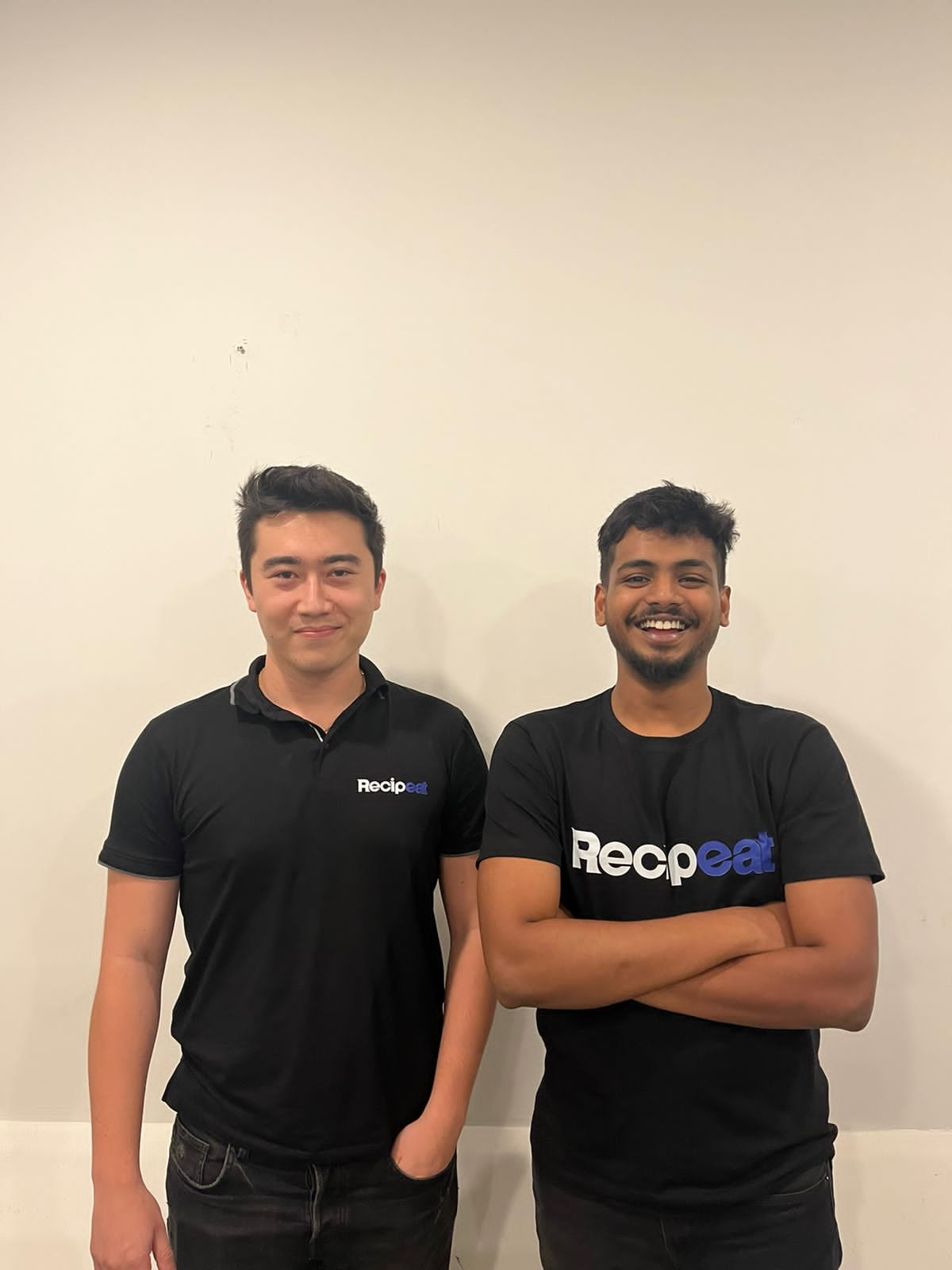India’s hospitality industry, a major economic driver, contributes $212 billion annually and ranks as the country’s third-largest employer. Despite an annual 18% increase in job openings, the industry contends with substantial challenges, including a high attrition rate and a mismatch between job seekers and opportunities. The essential need for a competent workforce remains an ongoing hurdle.
Adrien Lee Jasserand gained firsthand experience of these challenges while working at his father’s restaurant, Toscano, in Bangalore. He observed the detrimental effects of high staff turnover, often surpassing 40% that resulted in a downward spiral of understaffed teams, affecting the overall guest experience. “With the current level of hospitality attrition in the country, we’re seeing businesses that need to constantly hire up to 20% of their team size every month, just to fight the expected staff turnover” he said.
According to Jasserand’s experience and research, such high attrition rates stem largely from two critical reasons; the perceived lack of growth opportunities in a single company, and simply not finding the right ‘fit’ between employee and employer. The industry structure limits quick career advancement, which is why promotions are more often (and quicker) given on joining a new company. “Add to this the prevalence of poaching talent in a sector where hundreds of businesses are opening every month and the need for a systematic SaaS model to smoothen hires is quite apparent,” he says.
In today’s technologically driven world, industries such as finance, healthcare, and retail have successfully integrated sophisticated systems to streamline operations and enhance scalability. Yet, the hospitality industry lags conspicuously behind, still anchored to antiquated hiring practices reliant on walk-ins, manual sorting of applications, and fragmented communication methods. This market of continuous recruitment highlighted the inefficiencies of traditional hiring practices, which were slow, expensive, and localised. Restaurants rely heavily on employee referrals, which, while useful, can result in a limited candidate pool and perpetuate biases within the workforce.
Jasserand was completing a BBA course in ESSEC Business School in Paris in 2019 which is when and where he met Ram Vaibhav Kumaran. They figured that such issues were not unique to India, but also were spread across European markets, underscoring the global need for a digitised recruitment solution.
Kumaran and Jasserand went on to build a platform that transforms the hiring process from weeks of effort to just a few days by digitalising the system and making job opportunities accessible. Named Recipeat, this SaaS-based platform automates key tasks and utilises advanced algorithms to enhance recruitment speed, job satisfaction, and employee retention. “Our ATS and AI-based matchmaking algorithms help reduce the screening time by 80%, reducing the average recruitment cycle period from weeks to days.”
The task didn’t come without hurdles: Building Recipeat involved overcoming significant resistance as the market was traditionally averse to new technologies. The team implemented strategies such as free trials and showcasing quality hiring results. “Initially competing against local agencies was a challenge, but we soon recognised the potential for collaboration, leading to the creation of an agency partnership program that facilitated quicker fulfilment of staffing needs,” says Jasserand.
As newcomers in the unorganised hospitality industry, Recipeat had initially faced significant trust barriers. To overcome this, the company established strong partnerships with reputed institutions and well-known brands, which improved their standing and trust, along with a focus on branding and content marketing for awareness. Since their inception (8 months ago), Recipeat has been working with over 150 restaurants in India to streamline their hiring process.
As the platform continues to develop, it aims to become a vital tool for hospitality businesses throughout India, making recruitment more precise and efficient. Last month, Recipeat was selected as one of the startups in the Gruhas Gusto program. Gruhas Gusto – A 6-month accelerator program by Gruhas, Jubilant Bhartia Family Office, Sabre Ventures (DLF Family Office), and Anthill Ventures.
“At Recipeat, we revolutionise hospitality recruitment with a smarter, faster approach that substantially cuts down hiring time. Moving forward, Recipeat is set to expand across India in the coming months,” says Ram.
Recently, Recipeat launched a pilot to upskill blue-collar workers across entry-level positions in the hospitality sector.



![[CITYPNG.COM]White Google Play PlayStore Logo – 1500×1500](https://startupnews.fyi/wp-content/uploads/2025/08/CITYPNG.COMWhite-Google-Play-PlayStore-Logo-1500x1500-1-630x630.png)